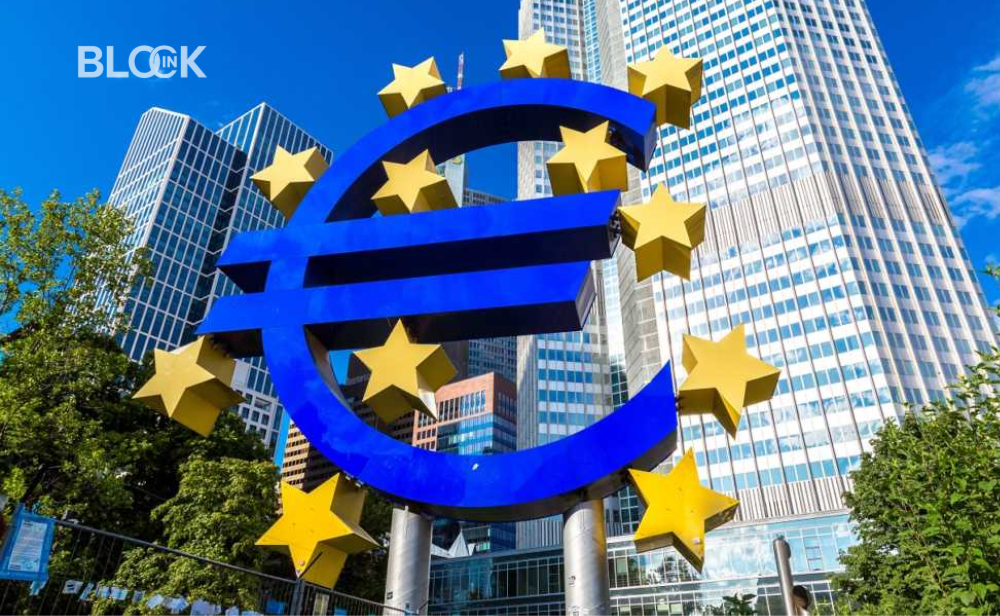
The European Central Bank (ECB) reportedly established the groundwork regarding the criteria it aims to take into consideration upon harmonizing the licensing requirements for EU-focused crypto.
Specifically, the ECB’s banking supervision subsidiary reportedly revealed its plan to make efforts in regulating crypto assets, since “national frameworks governing crypto-assets diverge quite extensively”.
The subsidiary also took into account the approaches with a few distinctions regarding the harmonization following the passage of the Markets in Crypto-Assets (MiCA) regulation and the Basel Committee on Banking Supervision issuing guidelines for banks’ exposure to crypto.
The ECB further disclosed its intention of applying criteria from the Capital Requirements Directive – officially enacted in 2013 – to run assessments for licensing requests regarding crypto-associated activities and services.
Particularly, the central bank will take into account crypto firms’ business models, internal governance as well as “fit and proper” assessments applicable to licensing other establishments.
Moreover, the ECB claimed that it will depend on national Anti-Money Laundering (AML) authorities and the financial intelligence units of respective nations, to offer the information required to analyze potential risks.
“The higher the complexity or relevance of the crypto business, the higher the level of knowledge and experience in the field of crypto should be. Senior managers or board members with relevant IT knowledge and chief risk officers with robust experience in this area are important safeguards.”
Per the ECB, there is “work ongoing” regarding the assessment of the role crypto potentially takes in the EU, which will “remain an area of focus for European banking supervision in years to come.”
With the passage of MiCA, global regulators may start to standardize rules for crypto service providers within the European Union.

Comments